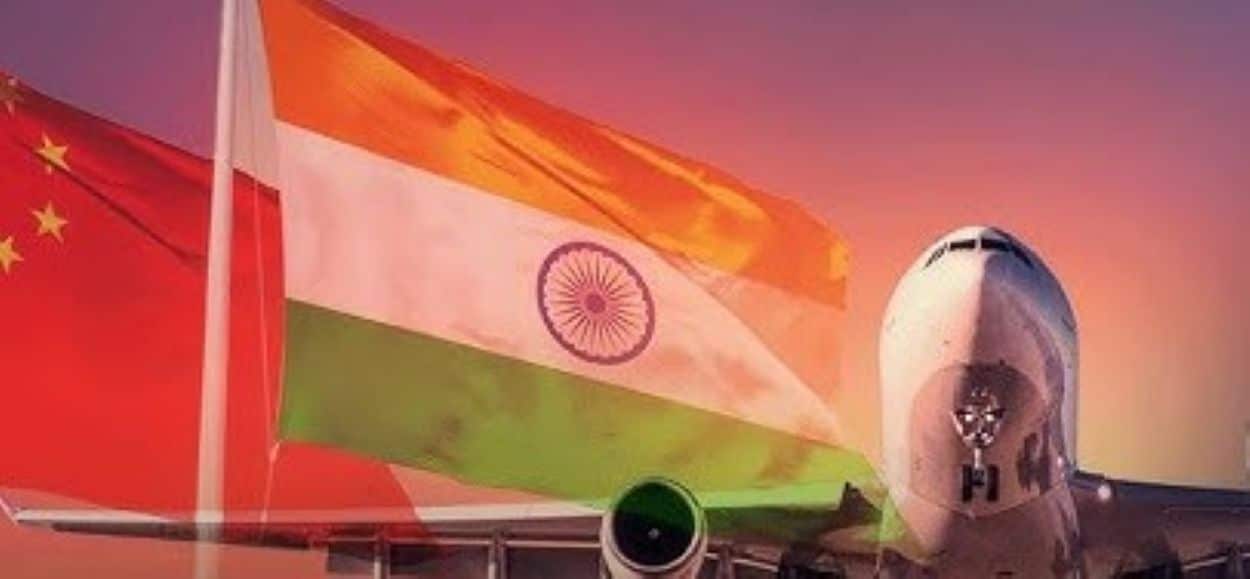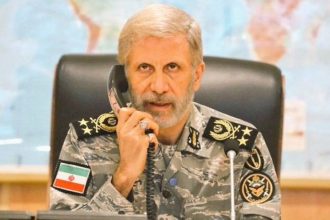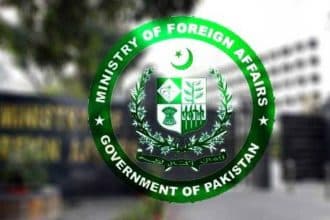On August 19, 2025, India and China agreed to resume direct flights and enhance trade and investment, marking a significant step toward mending ties strained by a 2020 border clash. The announcement, made by the Indian foreign ministry, follows high-level talks in New Delhi between Chinese Foreign Minister Wang Yi and Indian National Security Advisor Ajit Doval.
Direct flights between India and China, suspended since the COVID-19 pandemic in 2020, will resume, though no specific date was provided. The agreement includes reopening border trade at three designated points, Lipulekh Pass, Shipki La, and Nathu La, and facilitating easier visa processes for tourists and businesses. These measures aim to boost economic cooperation and rebuild trust amid global uncertainties, including U.S. President Donald Trump’s unpredictable foreign policy.
India and China agreed to resume direct flights and step up trade and investment flows as the neighbours rebuild ties damaged by a 2020 border clash https://t.co/hMZf6gxsGl
— Reuters (@Reuters) August 20, 2025The 24th round of boundary talks addressed troop withdrawals along the Himalayan border, border delimitation, and related issues. Both nations established a working group to coordinate on border affairs, focusing on the eastern and middle sections, with further discussions on the western section planned soon. China confirmed another meeting in 2026, signalling an ongoing commitment to resolving the decades-old dispute. Prime Minister Narendra Modi, set to visit China for the Shanghai Cooperation Organisation summit, emphasised that stable India-China ties benefit regional and global prosperity.
India raised concerns about China’s mega dam on the Yarlung Zangbo river, which becomes the Brahmaputra in India and Bangladesh, critical for millions. Foreign Minister Subrahmanyam Jaishankar stressed the need for transparency due to potential impacts on lower riparian states. China agreed to share emergency hydrological data and engage in expert-level talks to renew flood reporting, addressing India’s concerns while maintaining that the dam has minimal environmental impact.
An Indian source revealed that Wang Yi assured Jaishankar of addressing India’s needs for fertilisers, rare earths, and tunnel boring machines, further strengthening economic ties. The cautious thaw in relations, driven by high-level visits and agreements, reflects a mutual interest in stability and growth.






